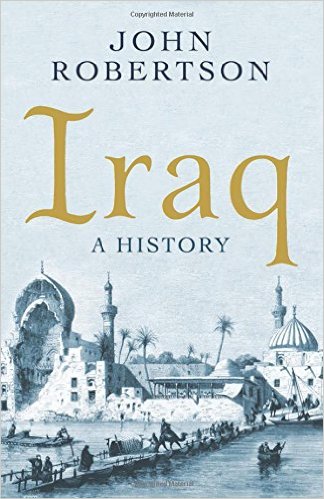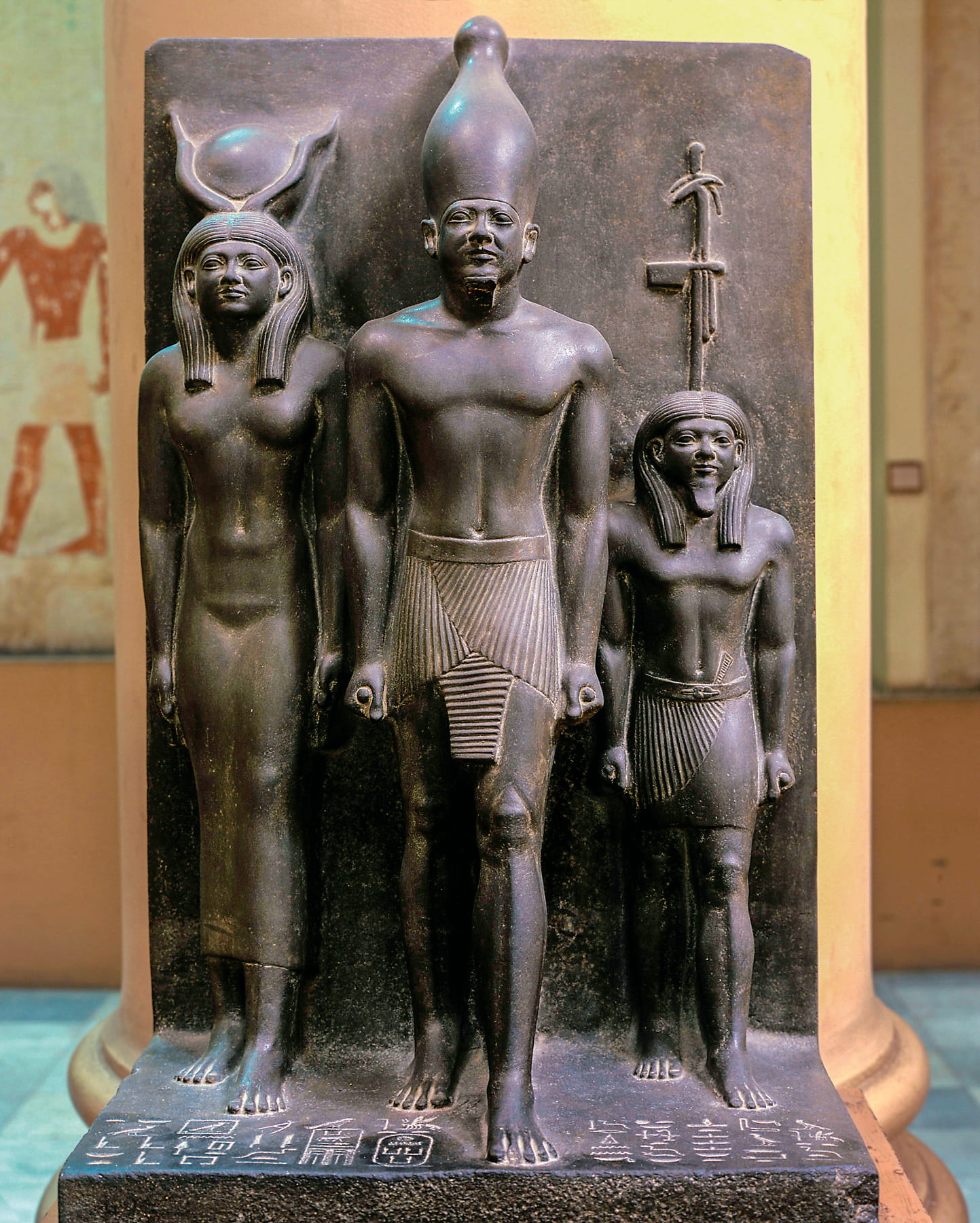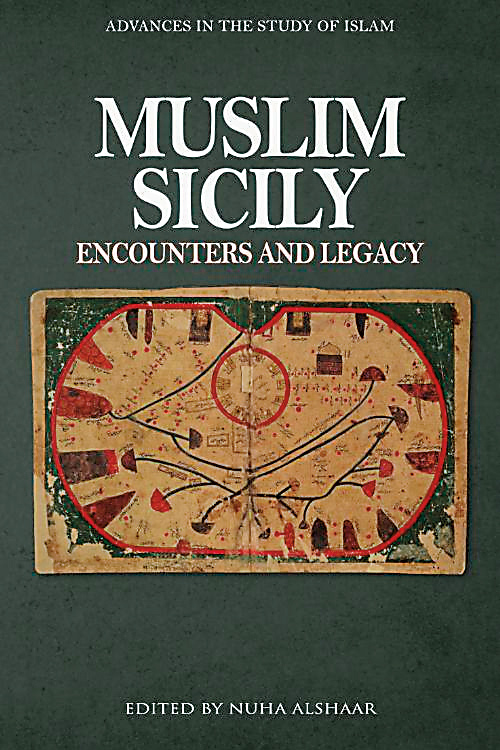
Iraq: A History
Tom Verde
John Robertson
2015, One World Publications, 978-1-85168-586-8, $35 hb.
Iraq is a complicated place, culturally, demographically, ethically, historically. All the more reason(s) to welcome this broad study that gently leads the reader—like a museum guide—through the long, fabled halls of the country’s rich, often-turbulent history. The story begins with Neolithic settlements in the land “between the rivers” (Tigris and Euphrates) which ultimately inspired its ancient name (Mesopotamia) and earliest civilizations, starting with Sumer, circa 6000 BCE. The author provides overviews of the various kingdoms that rose and fell there, with significant sections dedicated to Biblical Iraq (Babylon, Assyria), enduring struggles with neighboring Persia, and Iraq as the glorious “center of Islamic civilization” under the Abbasids (roughly 8th through the 10th centuries). After a bit of fast-forwarding through Turkish and Mongol invasions of the 11th through the 13th centuries, and the subsequent rise and rule of the Ottomans through the late 19th century, the last third of the book is devoted to the fitful emergence of Iraq as a modern state, blessed with oil and cursed with unstable and/or authoritarian governments. This is an informative and enjoyable primer on a nation that, after centuries, still commands global attention.
You may also be interested in...

The Legacy of Egyptologist George Reisner—Our Book Review
When George Reisner died in 1942, he did so surrounded by ghosts—not just the pharaohs he’d unearthed but the stacks of unpublished notes that entombed his legacy.
Muslim Sicily-Encounters and Legacy
What emerges from this volume by Nuha Alshaar, a professor of Arabic literature and Islamic studies, is a rounded picture of Sicily as a site of cultural exchange that shaped the medieval Mediterranean.